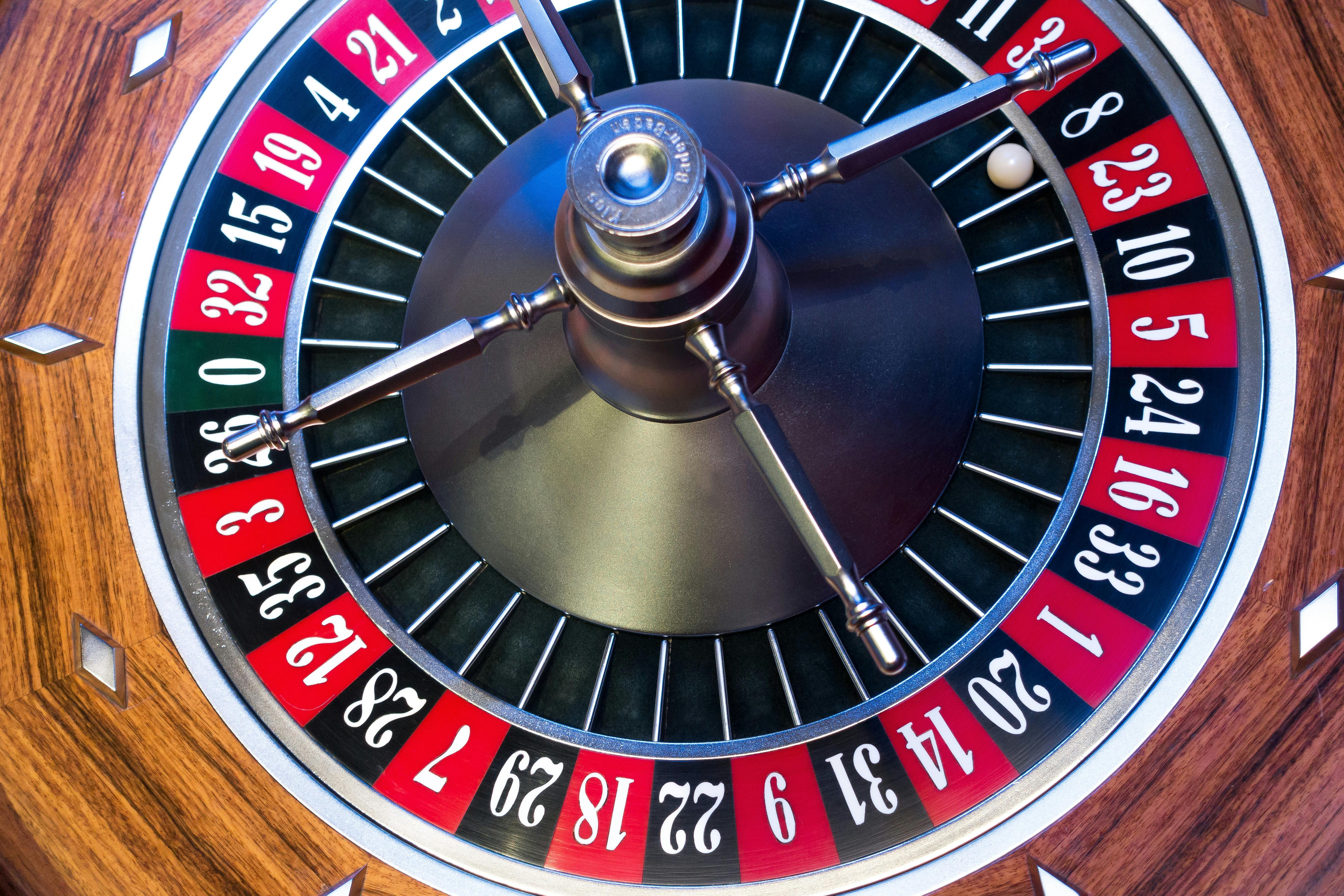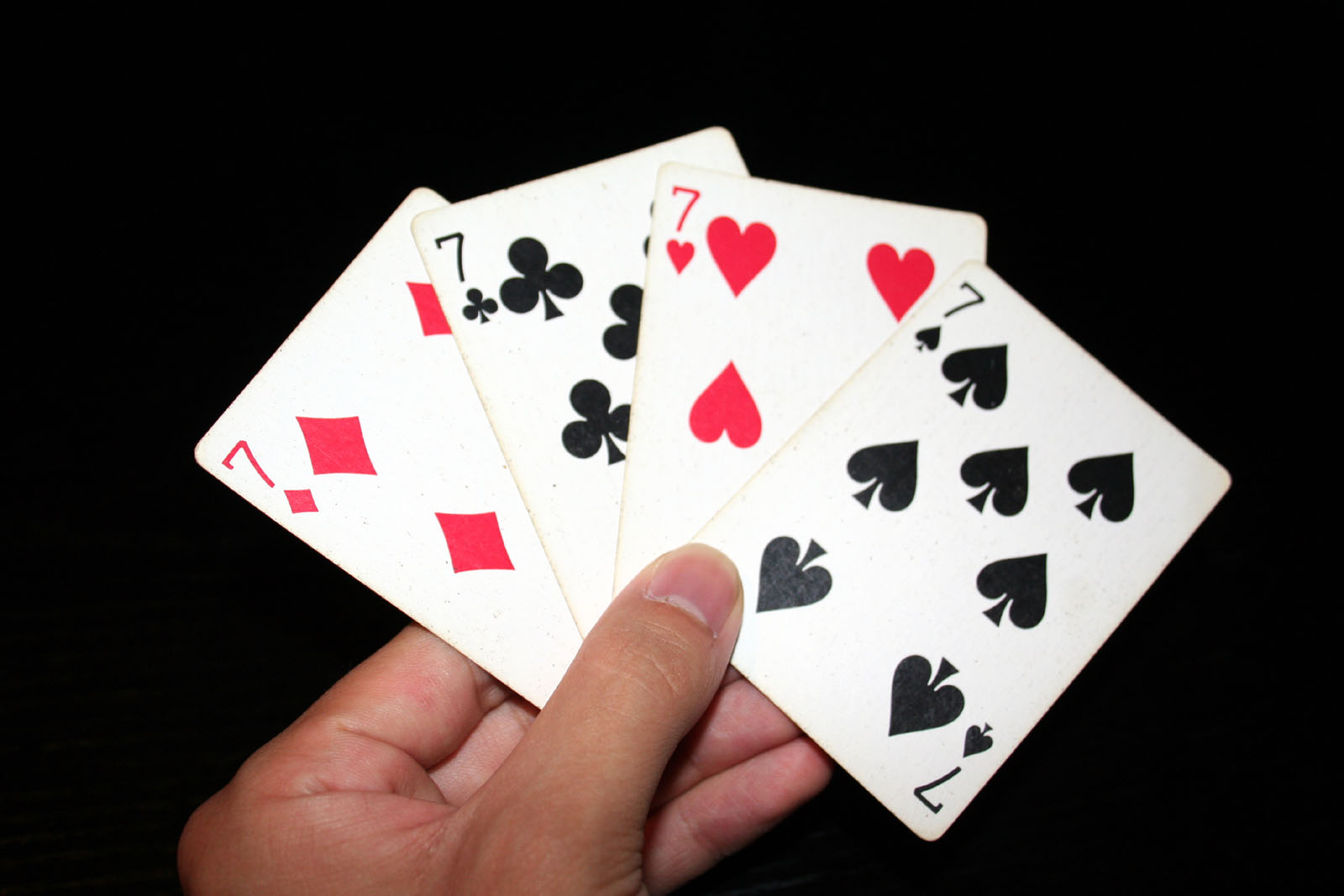
Many complex scientific strategies have come from gaming, such as the Chen formula for Texas Hold’em created by mathematician Bill Chen. There are also countless “foolproof” roulette systems that abound online, claiming to help you beat the house every time. Yet a large number of players still put their money on so-called lucky numbers, which often vary depending on their country and their culture.
Of course, the idea of lucky numbers is nothing new, and the “science” of numerology, or the deeper meaning of numbers, has been around for millennia; you can even find all your personal numbers associated with your life online. You can also find your personal lucky numbers for today, just by entering a few details into the daily lucky number calculator, created by famous numerologist and author Hans Decoz.
For most people, numerology and the concept of lucky numbers is just a bit of harmless fun, not unlike reading their daily newspaper horoscopes. However, for some cultures, numbers have a significant meaning, and people will go to great lengths and to great expense to be associated with them.
In Asia, for example, some numbers carry such a strong positive association that phone numbers, car registration plates, and even house numbers bearing these figures will also bear a huge price tag. In a Hong Kong license plate auction, one buyer paid $2.3 million for the license plate with the number 28. Previously, the number 18 sold for $2.1 million and the number nine sold for $1.7 million. The thinking behind Chinese lucky numbers is partly based on homonyms, or words that the number sounds like. For example, the word for the number eight sounds like the word for wealth or fortune, while the word for six sounds like easy or smooth and the word for nine sounds like longevity or everlasting. When you put them together to create concepts such as “everlasting wealth” or “easy fortune,” it’s easy to see why they are so attractive to casino gamers searching for any kind of advantage over the house.
The thinking behind Chinese lucky numbers is partly based on homonyms, or words that the number sounds like. For example, the word for the number eight sounds like the word for wealth or fortune, while the word for six sounds like easy or smooth and the word for nine sounds like longevity or everlasting. When you put them together to create concepts such as “everlasting wealth” or “easy fortune,” it’s easy to see why they are so attractive to casino gamers searching for any kind of advantage over the house.
Conversely, the sound of a Chinese number can also have extremely negative connotations. The Chinese word for four sounds very like the word for death and so four is treated like the number 13 in Western culture. Similarly, the word for seven sounds like gone, and no one wants that to happen to their fortune or their wealth! Strangely, the luckiness of a number can vary between cultures. While seven is bad luck in many Asian cultures, it is often seen as the luckiest number in the West. Both the Romans and the Egyptians had seven gods and, there were seven ancient Japanese gods of good fortune. Plus, of course, any two sides of a dice add up to seven.
Strangely, the luckiness of a number can vary between cultures. While seven is bad luck in many Asian cultures, it is often seen as the luckiest number in the West. Both the Romans and the Egyptians had seven gods and, there were seven ancient Japanese gods of good fortune. Plus, of course, any two sides of a dice add up to seven. In the West, it is the number 13 that is the one to avoid. There is even a phobia named after it—triskaidekaphobia—and many buildings do not have a 13th floor, skipping straight from 12 to 14. The other major unlucky number to avoid is, of course, 666—the number of the beast. However, if you wanted to steer clear of this number, you’d have to give up the roulette table altogether, as the numbers on the wheel neatly add up to 666, regardless of whether you are playing on a European single zero, or an American double zero wheel.
In the West, it is the number 13 that is the one to avoid. There is even a phobia named after it—triskaidekaphobia—and many buildings do not have a 13th floor, skipping straight from 12 to 14. The other major unlucky number to avoid is, of course, 666—the number of the beast. However, if you wanted to steer clear of this number, you’d have to give up the roulette table altogether, as the numbers on the wheel neatly add up to 666, regardless of whether you are playing on a European single zero, or an American double zero wheel.
At the end of the day, whether in the casino or on your computer screen, games like roulette are designed to be completely random. Thus, the ball has as much chance of dropping into the slot marked 13 as the slots marked seven, eight, or even zero. The only really lucky numbers that matter are the ones that win for you.
July 27, 2024
July 27, 2024
July 27, 2024